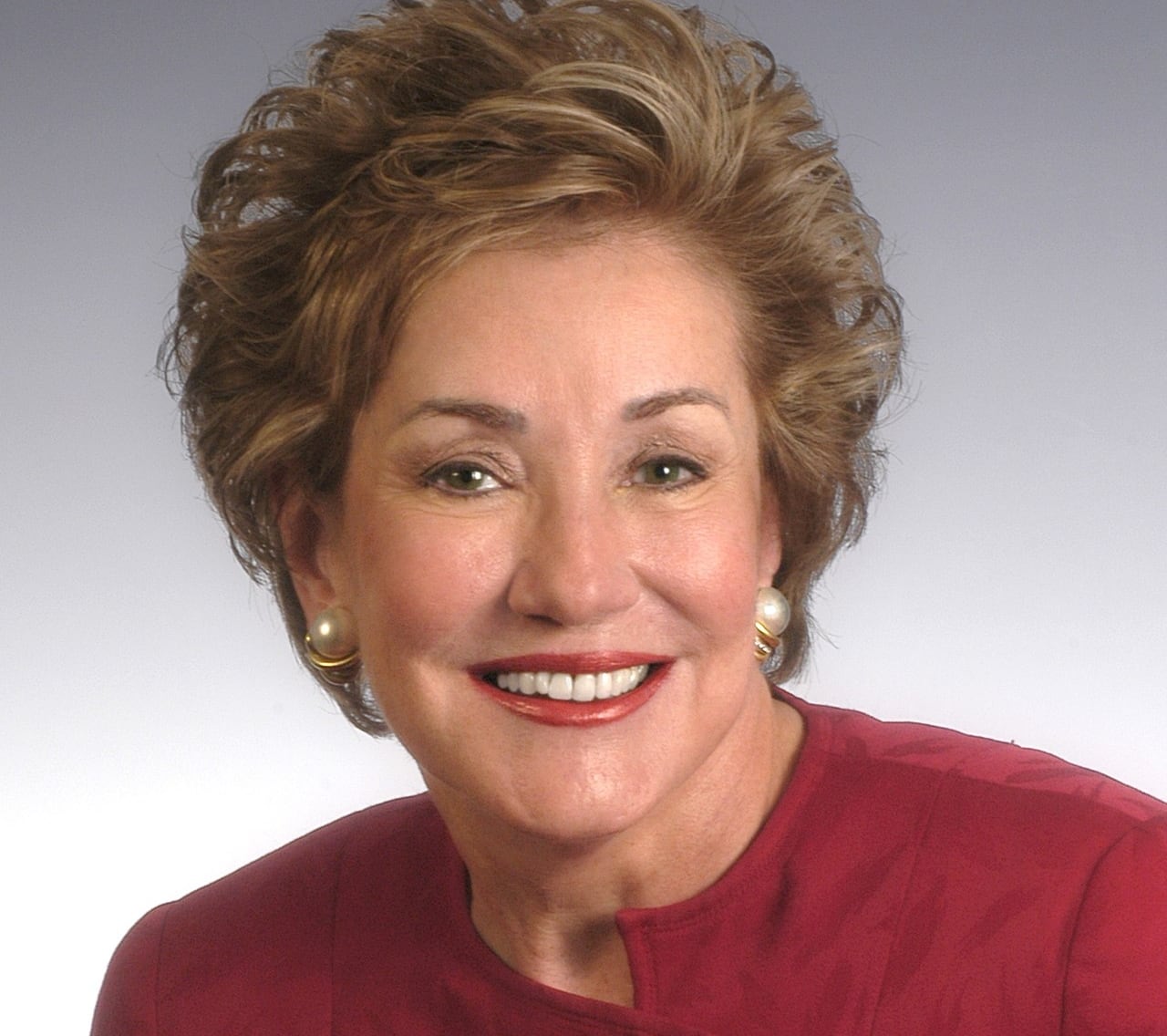Elizabeth Dole is best known as a true American trailblazer, having served — and this is a partial list — as the first female Secretary of Transportation, and thus the first female leader of a military service, the U.S. Coast Guard; the first woman to be elected a U.S. senator from North Carolina; a holder of cabinet positions in two presidential administrations; and a successor to Clara Barton as president of the American Red Cross.
But in 2010, Dole unexpectedly found herself in a new role: caregiver to her husband, the late former Senate Majority Leader and decorated World War II veteran Bob Dole. In the 11 months he spent at Walter Reed National Military Medical Center recovering from knee surgery and repeated bouts of pneumonia, Elizabeth Dole’s eyes were opened to a community of those who silently served: the family members who managed care and met the needs of their veteran loved ones, at great personal cost and often with little support.
“As I spent time around the hospital, I visited with other loved ones quietly looking after their wounded warriors. They shared stories about the emotional shock of their veterans’ injuries, their confusion about the medical decisions now in their hands, their frustration with the bureaucracy of our health system, and, in too many cases, a hopelessness about the future,” Dole, now 89, told Military Times. “As I brought them together for dinners or other informal gatherings, they found a lot of solace and support in spending time together.”
Dole’s establishment of the Elizabeth Dole Foundation brought these caregivers’ service into the national conversation, with celebrity-backed awareness campaigns and programs to support caregivers financially, physically and emotionally.
One of these caregivers was Rachel Clark, who found the foundation in a desperate internet search after being forced to commit her veteran husband to a mental health ward, Dole recalled. Clark later became a Dole Caregiver Fellow, contributing to a community of support for caregivers across the nation.
“Over the last eight years, Rachel and I have grown close as she has made tremendous contributions by sharing her knowledge and experiences with our Foundation partners and national leaders,” Dole said.
This year saw the passage of the Dole Act, which increased home care coverage under the Department of Veterans Affairs and created mental health grants for caregivers, while building and improving an array of benefits to support veterans in need. The legislation aptly illustrates Dole’s legacy of effecting meaningful change through advocacy — from working with Mothers Against Drunk Drivers to pass seatbelt laws in 29 states to achieving tobacco industry reforms while in office.
“That bill is the perfect example of the types of resources and changes that must come from Washington,” Dole said of the Dole Act, crediting the bill’s champions in Congress from both sides of the aisle. “Certainly, not every problem can be solved inside the beltway, but some solutions can only come from the federal government.”
As the 2025 recipient of the Military Times Foundation’s Chairman’s Award, Dole demonstrates the power and impact of a lifetime committed to service.
“My parents and my faith both instilled in me the principle that ‘to lead, is to serve,’” Dole said. “I also grew up in the shadow of the World War II generation, which engendered a spirit of patriotism and the ideal of working together toward a greater good. I can’t necessarily say what drew me to each career decision I have made along the way, but I always knew that whatever I did, I wanted to give back. I wanted to make a positive difference in the lives of others and to help those in need.”





